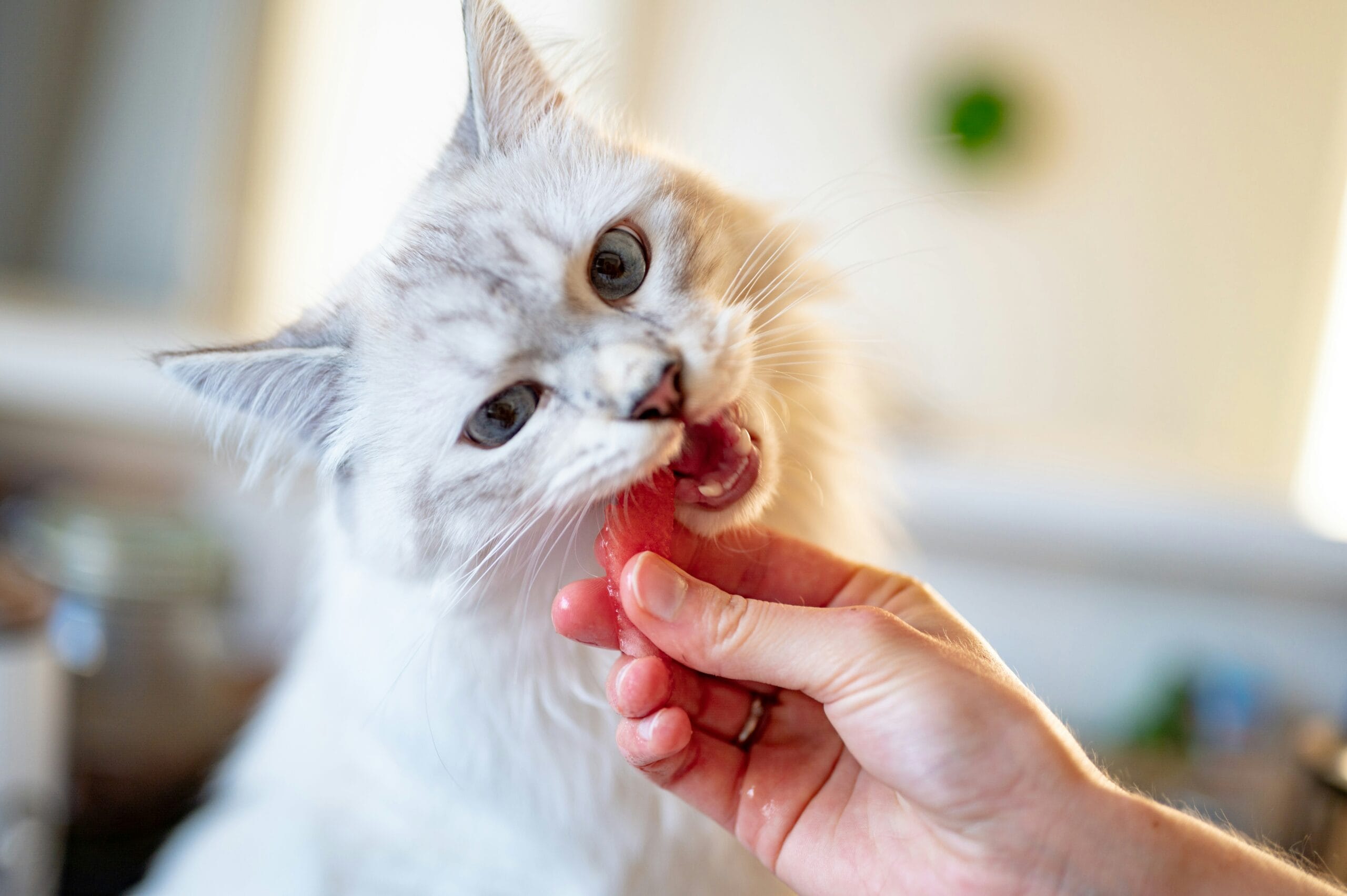Welcome to Pawtify’s Pet Health Updates for March 2025. This month, we’re focusing on spring-related health issues that may affect your furry friends. Read on for important tips and reminders.
Pet Health News
- Seasonal Allergies in Pets: As spring arrives, blooming plants release pollen, which can trigger allergies in pets. Watch for symptoms like itching, sneezing, watery eyes, and excessive scratching. To help your pet, try wiping their paws after outdoor time and consult your vet for treatments like antihistamines or special shampoos. For more pet health tips, visit our Pet Health Blog.
- Flea and Tick Prevention: Warmer weather brings fleas and ticks out of hiding. These pests can cause irritation and transmit diseases. Look for signs of infestation, such as excessive scratching or tiny black dots in your pet’s fur. Use vet-approved preventative treatments and check your pet regularly after outdoor activities. Consult your vet for the best flea and tick control options.
- Springtime Hazards: Spring introduces hazards like toxic plants (e.g., lilies, tulips), fertilizers, and pesticides. These can be dangerous if ingested or touched by pets. Keep your pet safe by supervising outdoor time, storing hazardous materials out of reach, and knowing which plants are toxic. If you suspect poisoning, contact your vet immediately.
-
Bird Flu Sparks Pet Food Recall: On March 1, 2025, Wild Coast Raw recalled its Frozen Boneless Free Range Chicken Formula raw cat food due to possible HPAI H5N1 (bird flu) contamination, per the FDA. This follows reports of two indoor cats in Washington testing positive after eating the product—one was euthanized, and the other is under care. Over 80 U.S. cats have contracted bird flu since 2022, often from raw food. Check lot numbers on the FDA website and consult your vet if your cat shows symptoms like lethargy or breathing issues.

- Another Raw Pet Food Recall Tied to Bird Flu: Savage Pet, a California-based company, has recalled its raw chicken products after they were linked to H5N1 bird flu infections in cats, including one death in New York City. The recalled lot (best-by date 11152026) was distributed in California, Colorado, New York, Pennsylvania, and Washington state. This follows other recalls, like Wild Coast Raw and Northwest Naturals, tied to cat illnesses and deaths in recent months. Experts warn that raw pet food and unpasteurized milk can transmit bird flu and other germs. Avoid feeding these to your pets, and watch for symptoms like fever, lethargy, or respiratory issues—contact your vet if they appear. For more details, see ClickOrlando’s article.
- Dog Coughing in Spring: Spring can trigger coughing in dogs due to allergies, parasites, or respiratory infections. Watch for persistent coughs, especially with sneezing or lethargy. Learn about causes and solutions in our guide at Dog Coughing Resource. Consult your vet if symptoms persist.
- Pet Anxiety Month Launches in March 2025: Ceva Animal Health kicks off its sixth annual Pet Anxiety Month this March to tackle pet anxiety, a concern for over 40% of dog owners who prioritize their pet’s mental health over their own. The initiative educates pet owners on spotting signs of stress in cats and dogs and offers practical solutions to ease anxiety. Partnering with Battersea Dogs and Cats Home, Ceva will donate £1 per ADAPTIL product sold this month to support animal welfare. TV personality Kate Lawler, ambassador for the campaign, shares her experience with her anxious rescue dog, Shirley, saying, “I’ve learned that every dog is different and what works for one may not work for another.” Learn more at Zenopa’s article.
- Warning: Dog Chews Linked to “Werewolf Syndrome”: The Food Standards Agency (FSA) has issued a warning about Barkoo bone chews, which may cause severe symptoms in dogs, including panic attacks, aggression, spasms, seizures, and even death. These China-made chews have been linked to a dog death in the EU, though no UK distribution is confirmed. Owners may have bought them online from international sellers. Stop feeding these chews immediately, and contact your vet if your dog shows symptoms. Learn more at The Independent.
Latest Pet Health Tips for March
Here are some additional tips to keep your pet healthy and happy as we transition into spring:
- Adjust Your Pet’s Diet: With more activity in warmer weather, consider increasing your pet’s food intake slightly to match their energy needs. Consult your vet for personalized advice.
-
Grooming for Shedding Season: Many pets shed their winter coats in spring. Regular brushing helps manage shedding and prevents matting. It’s also a great time for a spring grooming session.

- Watch for Spring Parasites: Besides fleas and ticks, be aware of other parasites like heartworms and intestinal worms, which become more prevalent in spring. Ensure your pet is on appropriate preventative medication.
- Avoid Raw Food Amid Bird Flu Concerns: With bird flu (HPAI H5N1) linked to raw pet food recalls, experts urge avoiding raw meat or milk for pets, including raw chicken, which poses risks like contamination. Cooked bird products are safe. If handling raw food, wash hands thoroughly and sanitize surfaces to reduce risks—monitor your pet for symptoms like fever or tremors and isolate them if sick. Learn more about raw diet risks in our guide at Raw Chicken Safety.
- Prepare an Emergency Contact for Your Pet: Spring activities increase risks of pet emergencies. Have a vet’s number and emergency contact ready for issues like allergies or poisoning. Learn why it’s essential at Pet Emergency Guide.
Pet History Highlights
Discover the fascinating origins of our furry friends! A new study published on March 1, 2025, in *Proceedings of the Royal Society B* suggests dogs were domesticated 30,000–15,000 years ago through self-domestication. Early wolves, drawn to human settlements for food, evolved into dogs via natural selection, favoring tamer traits. Learn more about this evolutionary journey on our Pet Health Blog.
For more detailed information, visit our Pet Health Blog.
Stay tuned for next month’s updates. Regular vet check-ups are key to keeping your pet healthy year-round.
Follow us on LinkedIn for daily pet tips.
